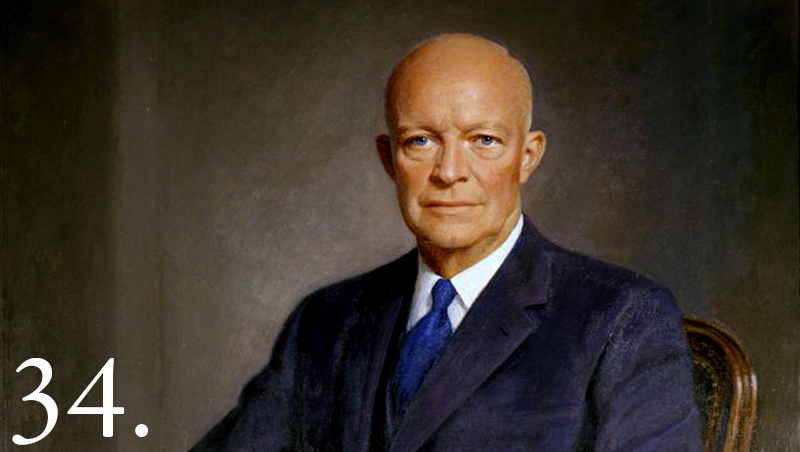
The Best Foreign Policy
I recently came upon this speech by Dwight D Eisenhower before he became President. It was delivered at Columbia in 1950. I dont think Eisenhower is thought of by many as a great orator – I think most Americans (and non-Americans for that matter) think of JFK as the great orator of the 20th century Presidents, but I have to say I am beginning to think Eisenhower is up there…He coined the term “military industrial complex”– and apparently wanted to called it the “military-industrial-congress complex” but was persuaded to drop “congress” by fellow Republicans….
Another speech that carries the same passion and insight was the “Chance for Peace Speech” (“Every gun that is made, every warship launched, every rocket fired signifies, in the final sense, a theft from those who hunger and are not fed, those who are cold and are not clothed…..This is not a way of life at all, in any true sense….”) – watch here.
Here is an excerpt from World Peace – A Balance Sheet- Columbia University March 23. All emphasis is mine.
“As friends of free people everywhere in the world, we can by our own example – our conduct in every crisis, real or counterfeit; our resistance to propaganda and passion; our readiness to seek adjustments and compromise of difference – we can by our own example ceaselessly expand understanding among the nations. We must never forget that international friendship is achieved through rumors ignored, propaganda challenged and exposed; through patient loyalty to those who have proved themselves worthy of it;through help freely given, where help is needed and merited. In rights and in opportunity, in loyalty and in responsibility to ideals, we are and must remain equal. Peace is more the product of our day-to-day living than of a spectacular program intermittently executed.
The best foreign policy is to live our daily lives in honesty, decency and integrity; at home, making our own land a more fitting habitation for free men; and abroad, joining with those of like mind and heart, to make of the world a place where all men can dwell in peace. Neither palsied by fear nor duped by dreams but strong in the rightness of our purpose, we can then place out case and cause before the bar of world opinion – history’s final arbiter between nations.”
And yes, I’m well aware of the actual record of the Eisenhower presidency in Latin America and in Iran, but I would like to think that theses were due to forces larger than him. “Why We Fight” is a sympathetic portrayal of the man.
